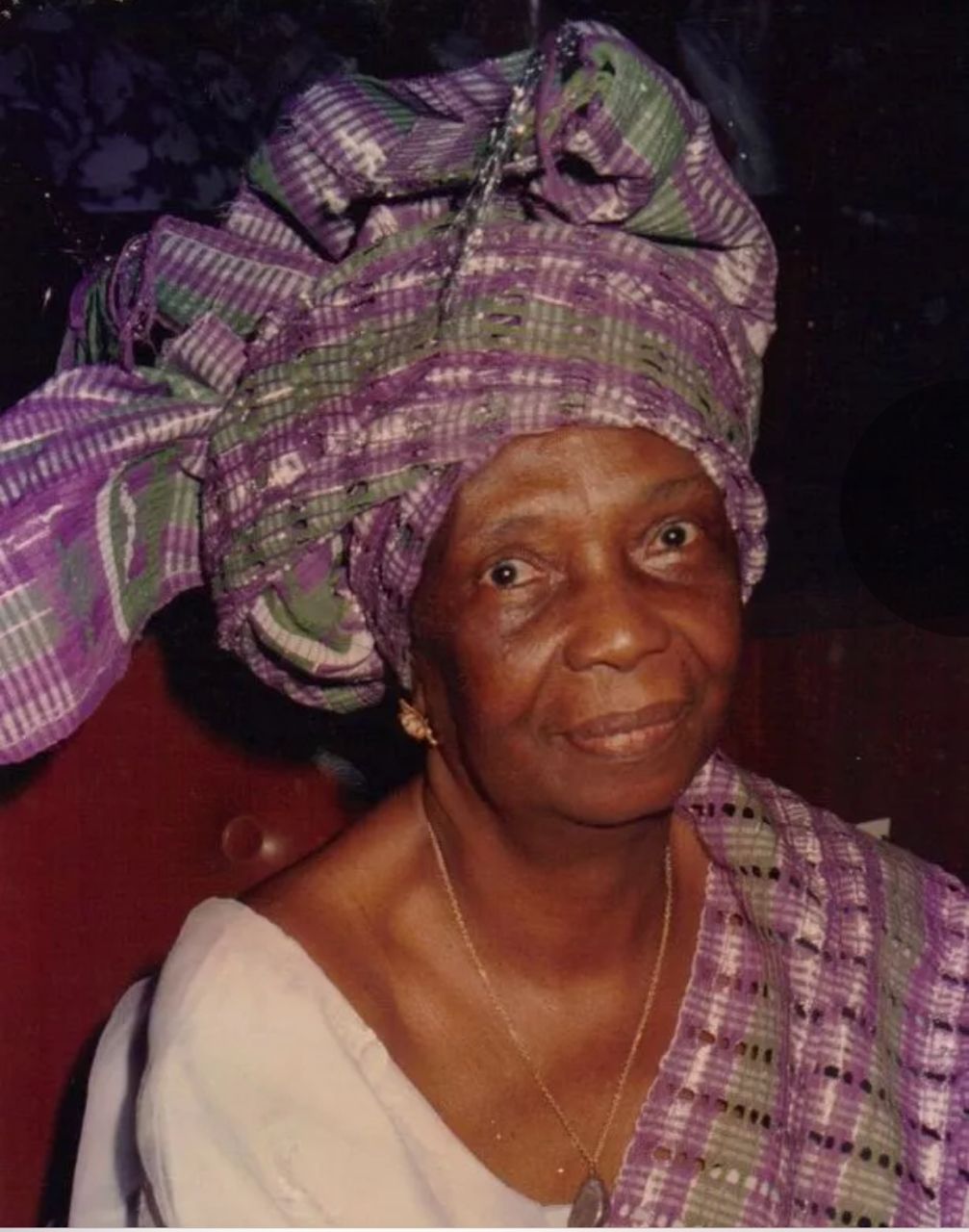A new plaque has been unveiled to commemorate the achievements of a trailblazing woman who played a significant part in Newcastle’s medical history.
Dr Irene Ighodaro worked at Newcastle’s Royal Victoria Infirmary in the 1940s specialising in gynaecology and supporting the war effort by treating injured soldiers.
She later went on to become an international ambassador in medicine has been honoured with a commemorative plaque bearing her name.
It was unveiled today at Easton Hall, Eskdale Terrace, Jesmond, where she lived as a medical student in the late 1930s.
After a distinguished career, Dr Irene Ighodaro was awarded an MBE in 1958 for her contribution to education and healthcare, becoming a consultant in maternal and child health to the World Health Organisation and authoring a book ‘Baby’s First Year’ in 1966.
She was nominated for the plaque by the African Lives in Northern England Project – which brings to light the contributions of people of African descent through untold stories. Coordinator of the Project, Dr Beverley Prevatt Goldstein, said: “The Project is delighted that their nomination of Dr Irene Ighodaro has led to this, the first plaque to a black woman being unveiled in the city of Newcastle.
Dr Ighodaro’s professional excellence in medicine, teaching and organisational leadership, locally and worldwide, speaks to the African Lives Project of making visible, and celebrating the achievements of people of African descent, thus combatting racism.
The Project also celebrates her role in the North East, including her commitment to the black voluntary sector and to the war effort and last, but not least, her practical feminism. Dr Irene Ighodaro is an icon, and the presence of this plaque can contribute to our understanding of, and pleasure in, the diversity of our city and region.”
Irene passed away in 1995 aged 79 in Benin City, Nigeria. She was born in Freetown, Sierra Leone, Africa, in 1916 where her father, a civil engineer, was in charge of the waterworks – the only black person to head up a public department for three decades in colonial service.
She came to Newcastle in 1938 to study at Newcastle Medical School and in 1944 qualified as a medical doctor – the first women from Sierra Leonne to become a doctor. After leaving the RVI, she moved into general practice running her brother’s surgery in the city for six months.
Irene was married in 1947, and she and her husband moved to Nigeria where she continued to work in general practice setting up the University of Benin’s teaching hospital and becoming chairman of the board.
A passionate believer in women’s rights, Irene was a founding member of the National Council of Women’s Societies, a member of the Medical Advisory Committee of the Western Region, and president of the Nigerian Association of University Women.
In front of an audience of guests, the plaque was unveiled by the Lord Mayor of Newcastle, Cllr Henry Gallagher, who said: “Irene Ighodaro was a remarkable woman and its right that we remember her today with this plaque. In many respects she was an outsider, a female, an African and a doctor at a time when there were very few female doctors but she showed great steel and determination to follow her dream to improve people’s health care.
“She made a huge impact in Newcastle dedicating her life to women’s health and helping soldiers wounded during the war. She went on to run a GP’s practice in the city and when she left went on to achieve high office in Nigeria.
“She was an inspiration to many women, a trail blazer in the true sense of the word who left a significance legacy internationally taking up an important role with the World Health Organisation. It is a privilege to honour her memory with this plaque on a building which houses the next generation of amazing young people.
Don O’Meara, President of the Society of Antiquaries of Newcastle, said: “Dr Ighodaro is a worth recipient of this honour by Newcastle City Council. This plaque marks not only her own achievements and contribution but is also a reminder to the generations of African’s who have studied and practiced medicine in Newcastle.
“Her legacy includes not only her place as one of the first African women to qualify as a doctor in Britain, but also her body of work in paediatrics, as an advisor to the WHO, as a teacher, and organiser. Her work in public health, as well as the promotion of cultural understanding, remains her enduring legacy in the places she lived in England and West Africa.”
Anyone who would like to nominate a person or a building for a plaque should email a completed application form from the council’s plaque webpage with supporting information to urbandesignconservation@newcastle.gov.uk All nominations that meet the criteria are then presented to the council’s Historic Environment Advisory Panel for final consideration.

